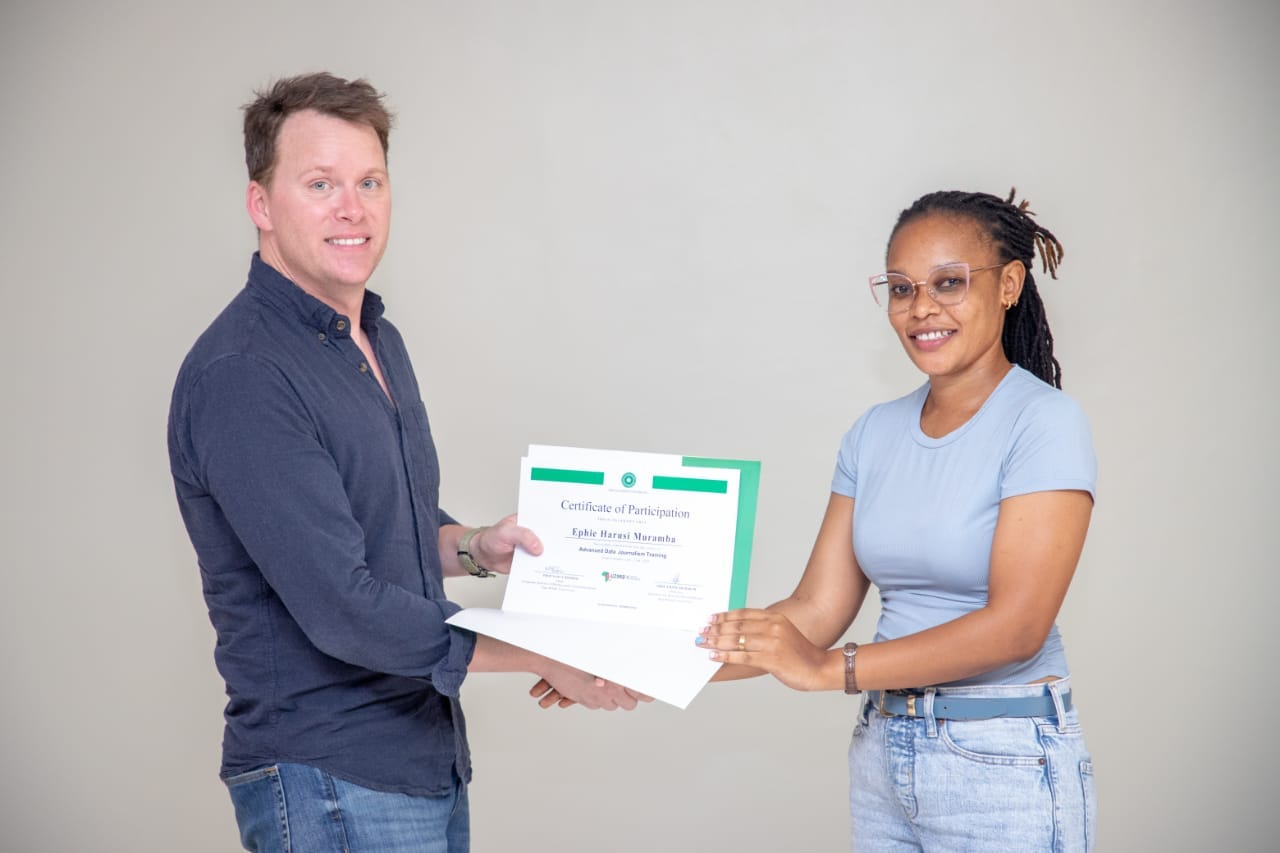Data Science Enhancing Growth in Media Industry
This imbalance undermines women's economic independence and limits their participation in the broader economy.

KILIFI, Kenya - The media industry in Kenya is experiencing a significant boost as data science takes center stage, empowering journalists to produce impactful stories that drive societal change and development, writes Teryani Mwadzaya.
In a project dubbed "UZIMA" (Utilizing Health Information for Meaningful impact In East Africa through Data Science), led by the Aga Khan University Media Department in Kilifi County, 16 female journalists have scooped data science story grants after successful training on data reporting.
According to Shitemi Khamadi, the Media Department's Special Project Assistant, the 19 female journalists, among men, will receive grants to create captivating data stories that will engage society and uplift development in the country.
"The UZIMA project, which focuses on Kilifi and Nairobi areas, will enable us to empower journalists to think critically and deeply about data and how it affects storytelling, specific around health data," said Khamadi.
The use of data to impact rural areas has already made strides, with 1,000 women's groups in Kwale County receiving skills development and entrepreneurship training.
The Hivos program officer in Kwale County emphasized the role of scientific data in empowering women, stating, "We have been empowering women in community groups at the grassroots levels by using scientific data to improve their data skills and understand data analysis as they engage in their daily activities."
Ephie Harusi, a radio journalist and one of the beneficiaries of the data story grants from Aga Khan University, revealed that using data has made her outstanding in writing data stories, enabled by the trainings received.
"At first, I was not able to write a data story, but now I can confidently write and interpret data, and I urge journalists to grab training opportunities to learn and boost their journalistic skills. I appreciate Aga Khan University," said Ephie.
Data from the National Bureau of Statistics highlights a concerning disparity: women in Kenya earn significantly less than their male counterparts and are disproportionately burdened with unpaid domestic and caregiving responsibilities.
This imbalance undermines women's economic independence and limits their participation in the broader economy.
As data science continues to gain momentum in the media industry, it is expected to create an environment where women can thrive professionally and achieve a better work-life balance, ultimately driving positive societal change.


